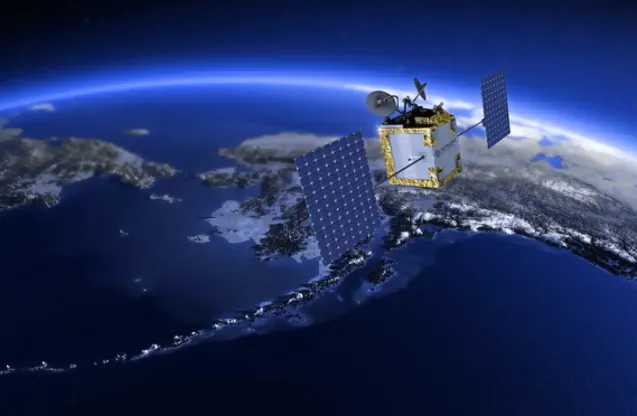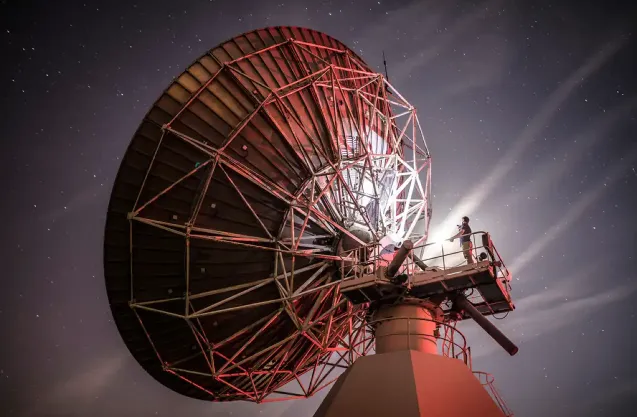
Responsible Space
EUTELSAT IS COMMITTED TO THE RESPONSIBLE USE OF SPACE
Preserving the orbital environment is both a regulatory requirement and a strategic priority for Eutelsat. With more than 20 years of operational experience, we have developed responsible practices that ensure the long-term sustainability of our space activities.
We are a founding member of the Net Zero Space initiative, working towards the goal of zero debris creation, and a signatory of the ESA’s joint statement for a sustainable space environment by 2030. Eutelsat operates in full compliance with some of the world’s strictest regulations:
- French Space Operations Act (2008)
- UK Outer Space Act (1986)
- UK Space Industry Act (2018)
- Upcoming EU Space Act

SPACE DEBRIS MANAGEMENT POLICY FOR LOW EARTH ORBIT SATELLITES
Eutelsat’s OneWeb Gen 1 constellation comprises 654 satellites at 1,200 km altitude, operating under UK and international regulations. Satellites are deployed with passive safety measures (4 km of separation), and end-of-life disposal includes controlled re-orbiting to ~250 km, with fuel tanks emptied and systems powered down before atmospheric re-entry.
The constellation is managed by an automated ground system using real-time data from sources such as the US Space Force and LeoLabs to ensure effective collision avoidance. Eutelsat has also signed bilateral Space Traffic Management agreements and co-published best practices with other operators. Satellites are designed for Active Debris Removal (ADR), with a first demonstration mission scheduled for 2026.

Eutelsat Paris-Rambouillet teleport
MINIMISATION OF OPTICAL AND RADIO INTERFERENCE
To minimize the impact on astronomical observations, Eutelsat has set a measurable target for its LEO satellites: achieving an average optical magnitude greater than 7, the highest of current constellations in orbit. The magnitude scale is logarithmic: the higher the value, the fainter the object. Satellites above magnitude 7 are considered sufficiently dim to avoid interfering with astronomical observations and scientific research. This target reinforces the Group’s commitment to responsible space operations and aligns with international recommendations on space sustainability.
Eutelsat is dedicated to ensuring that its satellite operations do not interfere with scientific activities, particularly earth-based radio astronomy. In line with international radio frequency regulations, the Group implements technical measures to minimise the impact of its LEO constellation on astronomical observations. These measures reflect both regulatory compliance and Eutelsat’s broader commitment to responsible space operations.